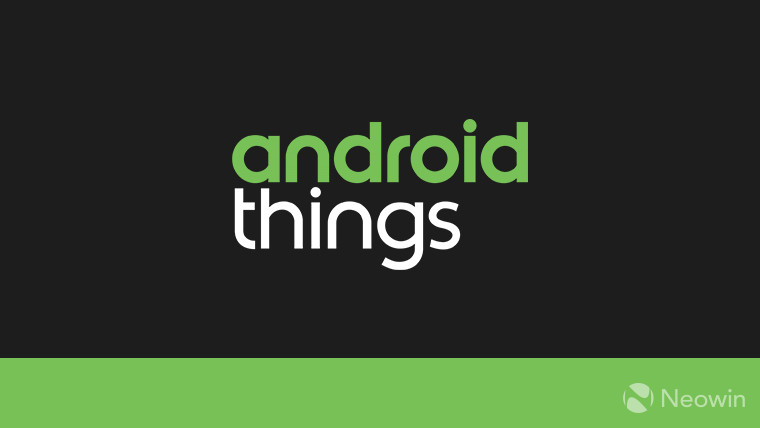
Google today announced that its IoT platform for consumer devices has reached version 1.0 and is now ready to ship, after going through seven developer previews since it was first announced back in December 2016. With this update, the company has expanded hardware compatibility and will offer "long-term support for production devices." Of course, that didn't stop companies such as Deeplocal who has already built a robot that draws sketches of your selfies, before the tech giant's IoT platform graduated from its preview.
So what exactly is Android Things? Simply put, it is Google's operating system designed to be the brains inside all the smart gadgets, such as connected lightbulbs, thermostats, Wi-Fi cameras, doorbells, even the odd connected planter. That, coupled with SDKs that have been downloaded 100,000 times, and a console that allows for over-the-air updates and all manner of developer wizardry, and any company can start building smart devices.
As opposed to the normal version of Android, it's designed to be a stripped-down version that can run on modest hardware. Think something as low as 32MB of RAM, and as of Android Things 1.0, as much as 2GB of RAM. Despite this difference, it ties into the same services as normal Android, such as Google Assistant and Google Machine Learning.
With this update, the tech giant wants to infuse as many devices as possible with its managed OS, so one of the key points made in the announcement is support for new System-on-Modules such as Qualcomm SDA212, Qualcomm SDA624, MediaTek MT8516, and NXP i.MX8M. For prototyping, you can still use the Raspberry Pi 3 Model B and NXP i.MX7D kits, but keep in mind that Google is dropping support for the NXP i.MX6UL.
The company also promised to keep Android Things as secure as possible by providing over-the-air update capabilities, and an impressive three years of security patches. This is important, as hackers are getting adept at taking over smart devices, and sometimes get access to all of your smart appliances. The Android Things Console has also been revamped to allow developers easy control of peripheral I/O at build time.
Google says there are new devices coming in the next months that will show Android Things in action, such as connected speakers from LG and iHome, as well as smart displays from JBL, LG, and Lenovo. Interestingly, not all of the upcoming devices are meant to be part of the Android ecosystem per se - a gadget from Mirego that is designed as a public display installed in photo booths being one such example.







_small.jpg)










4 Comments - Add comment